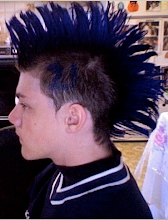“‘He likes to have his own way very well,’ replied Colonel Fitzwilliam. ‘But so we all do. It is only that he has better means of having it than many others, because he is rich, and many others are poor’” (174).
During Elizabeth’s walks in the park, she often awkwardly encounters Mr. Darcy. On one day she meets Mr. Fitzwilliam instead, who talks with her about Mr. Darcy. This quote justifies Mr. Darcy’s behavior again with his wealth. Saying that his wealth gives him the right to act in the way he does.
Elizabeth also learns in this conversation that Mr. Darcy “saved a friend from the inconveniences of a most imprudent marriage” (176). He did this because there were “some very strong objections against the lady” (176). Elizabeth immediacy makes the connection that Darcy is referring to Jane, and the objections to her are her low rank in society, and her lack of wealth. This infuriates Elizabeth because she had blamed the end of the relationship on Miss Bingley, but now she realizes that Mr. Darcy also played a part in it. Elizabeth is then unable to speak with Darcy, and refuses to attend the next time she is invited to a gathering with him.
Lady Catherine finds what quality to be the most important in a future wife:
A. Education
B. Knowledge of the arts
C. Card Playing
D. Musical Talent
